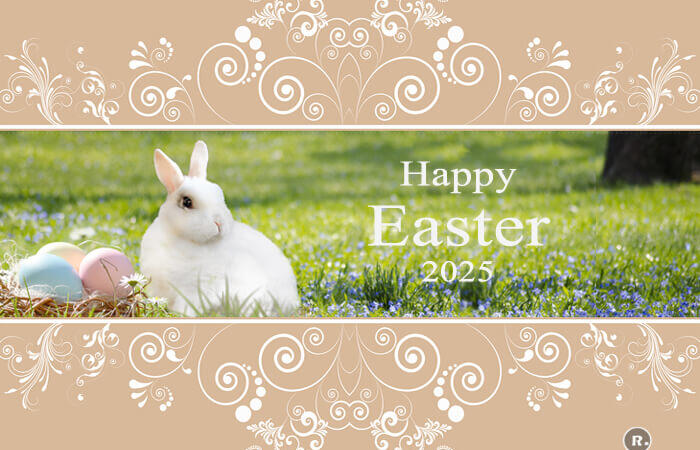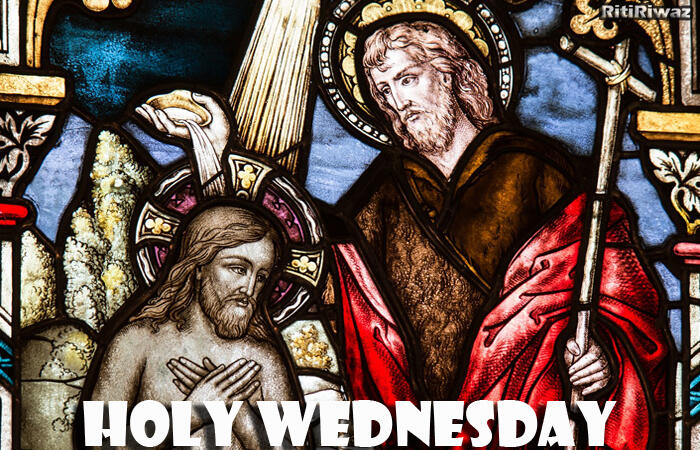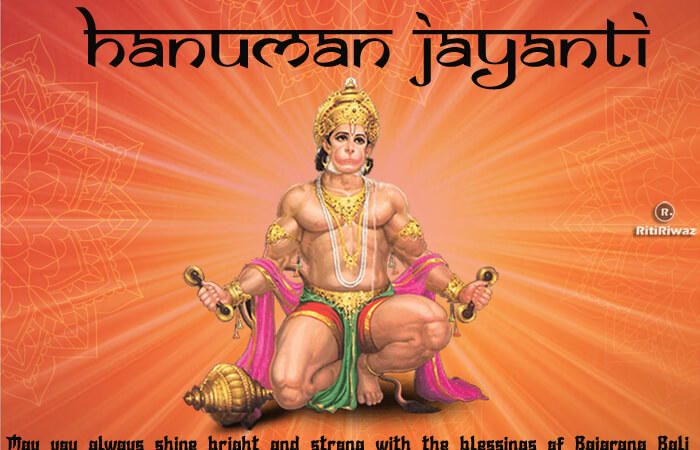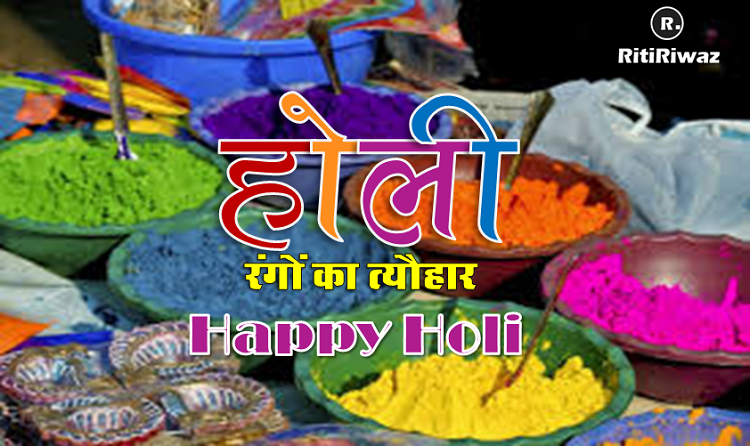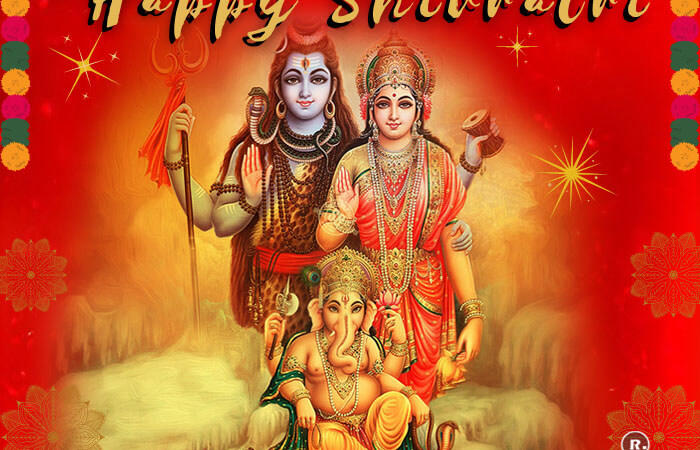History and Importance of Pongal
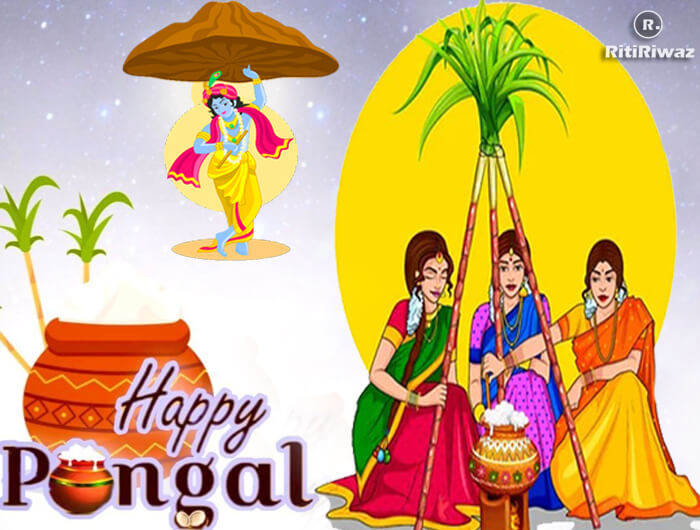
The Pongal festival is an important landmark in the cultural and scientific history of Tamil Nadu and allied regions. The ceremonies are associated with a few other initiatives like safeguarding our animal wealth and linking nutrition and health. There are four areas that attract particular attention during the Pongal festival. It is a festival of thanksgiving to nature, the sun, rain, and animals.
The holiday denotes the start of the Tamil month of Thai (தை). It marks the day when the Sun purportedly shifts northwards. It signifies the commencement of Uttarayana, which represents the northward journey of the Sun. The days get longer in the Tamil lands. Thai Pongal falls on Makara Sankranthi celebrated throughout India as the winter harvest.
The legend associated with the festival
Pongal is an ancient festival celebrated since the Sangam age from 200 BC to 300 AD. It was a Dravidian harvest festival when Goddess Katyayani was worshipped with fasting and rituals. Food and Cattle were an important part of the celebration. This festival was celebrated in the month of Margazhi and the young ladies avoided using milk and milk products for an entire month. They also refrained from applying oil to their hair and using harsh words during this month. It is believed that the modern-day Pongal celebrations are deduced from this ritual.
Bhogi the first day of the Pongal festival is associated with a legend of Indra, god of rain and clouds, and Lord Krishna. According to the legend, Lord Krishna as a child decided to destroy the arrogance of Lord Indira, who considered himself all-powerful as he was the king of Gods. To achieve his objective, Lord Krishna, convinced all the cowherds to stop offering prayers to Lord Indira and worship the Govardhan parvat instead. Lord Krishna lifted the Govardhan Mountain on his little finger to shelter his people and save them from being washed away by the rains and floods. That is why the day is also called Indran.
Mattu Pongal is the third day associated with Lord Shiva. According to the legend, the third day of Pongal is celebrated because Lord Shiva once asked Nandi, his bull, to go to earth and deliver his message to the people – to have an oil bath every day and food once a month. But Nandi got it all mixed up when he delivered the message and told the people that Shiva asked them to have an oil bath once a month and eat every day. Shiva was displeased and told Nandi that since the people would now need to grow more grain, Nandi would have to remain on earth and help them plow the fields.
Importance of Pongal Festival
The first is the emphasis given to the life-saving characteristic of solar energy. We thank the Sun for the multiple blessings it is conferring on our lives and livelihoods. The contribution of solar energy to household energy security is clearly emphasized by the attention given to the use of such energy in day-to-day life.
Solar energy also provides an important contribution to health security as for example by helping to overcome Vitamin D deficiency. Inadequate Vitamin D consumption poses health risks such as a) increased risk of death from cardiovascular disease; b) Cognitive impairment in older adults; c) Severe asthma in children; d) Cancer.
The second contribution is the promotion of cropping patterns which can help to overcome the problems of soil health and water salinity. The sugarcane crop can grow under moderate conditions of salinity as for example along the sea coast.
The third aspect of the Pongal celebration is strengthening the bonds between nature and human beings. The association of animal welfare with human well-being is also emphasized during the Pongal festival by thanking the farm animal population for their invaluable contribution to improving income and work opportunities.
Finally, the significance of Pongal also comes from the emphasis given to understanding the role of science as for example photosynthesis in improving agriculture. We should express on this day our gratitude to sunlight, green plants, and the farmers who cultivate the plants for our home, agriculture, and industrial needs.
Pongal 2024: Wishes, Messages, Quotes, Photo, Facebook and Whatsapp messages

